SUSTAINABILITY
The creation and development of the brand are centred around a vision that promotes career development through fair trade, environmental care, and respect for animals.
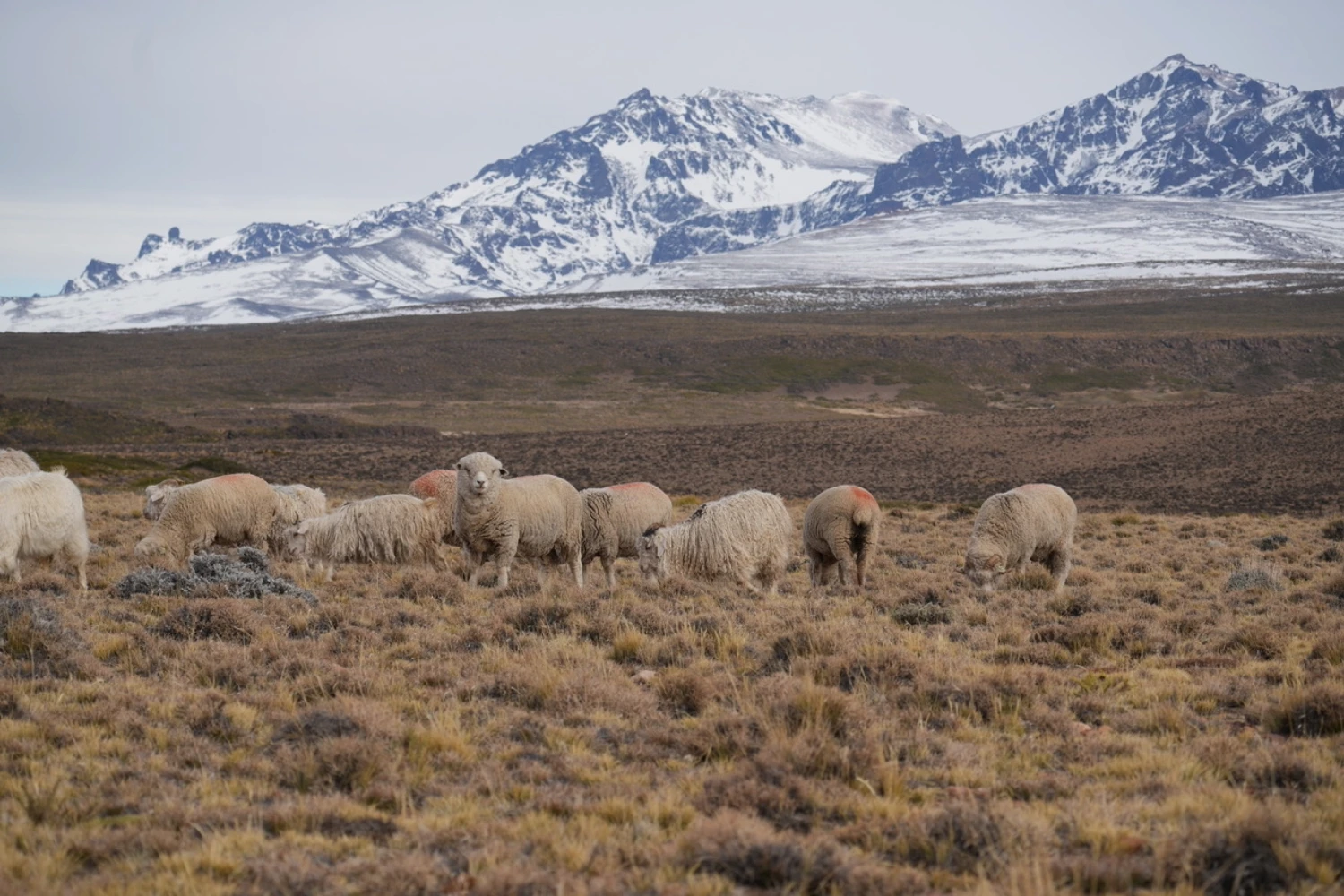
SUSTAINABILITY
The creation and development of the brand are centred around a vision that promotes career development through fair trade, environmental care, and respect for animals.

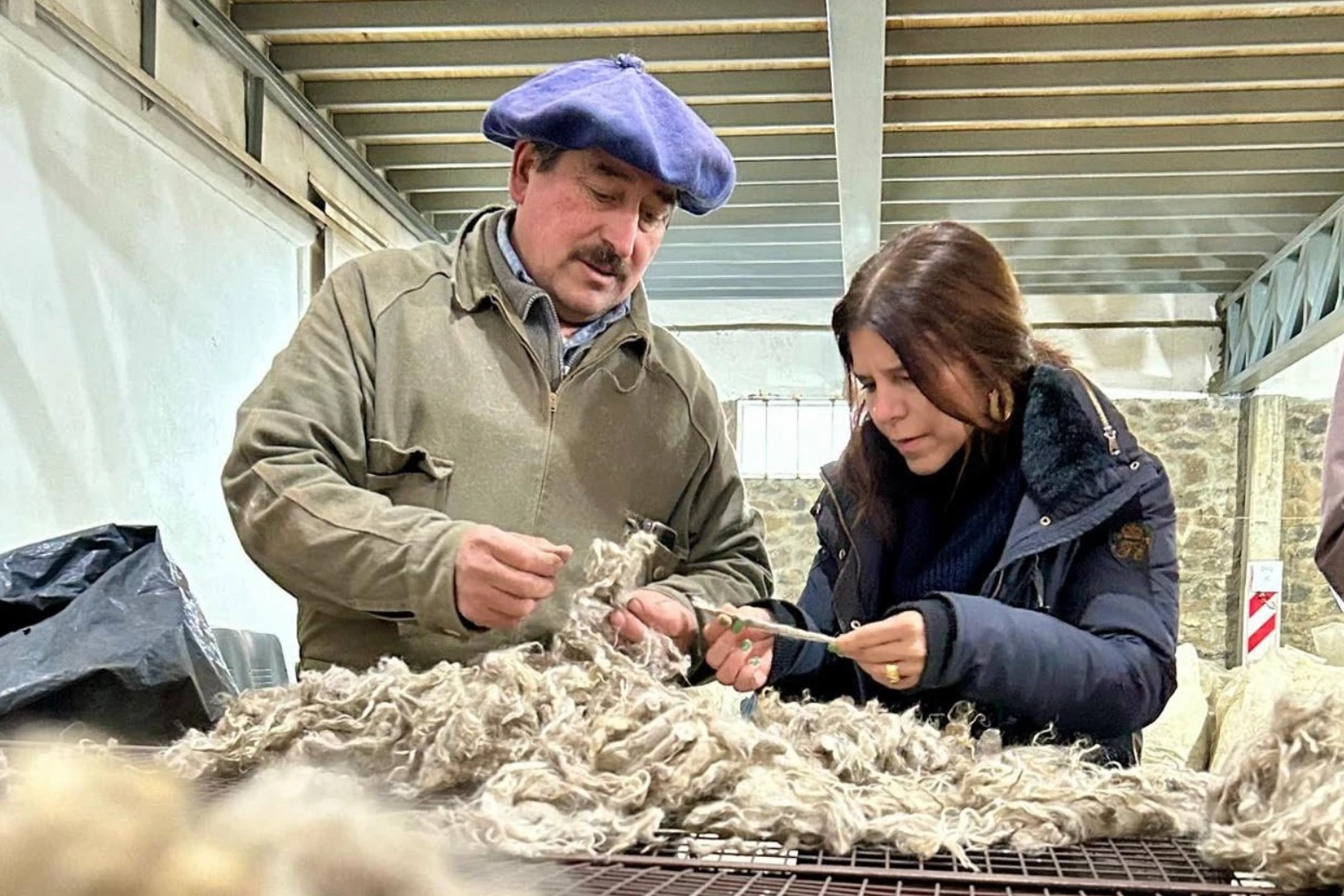



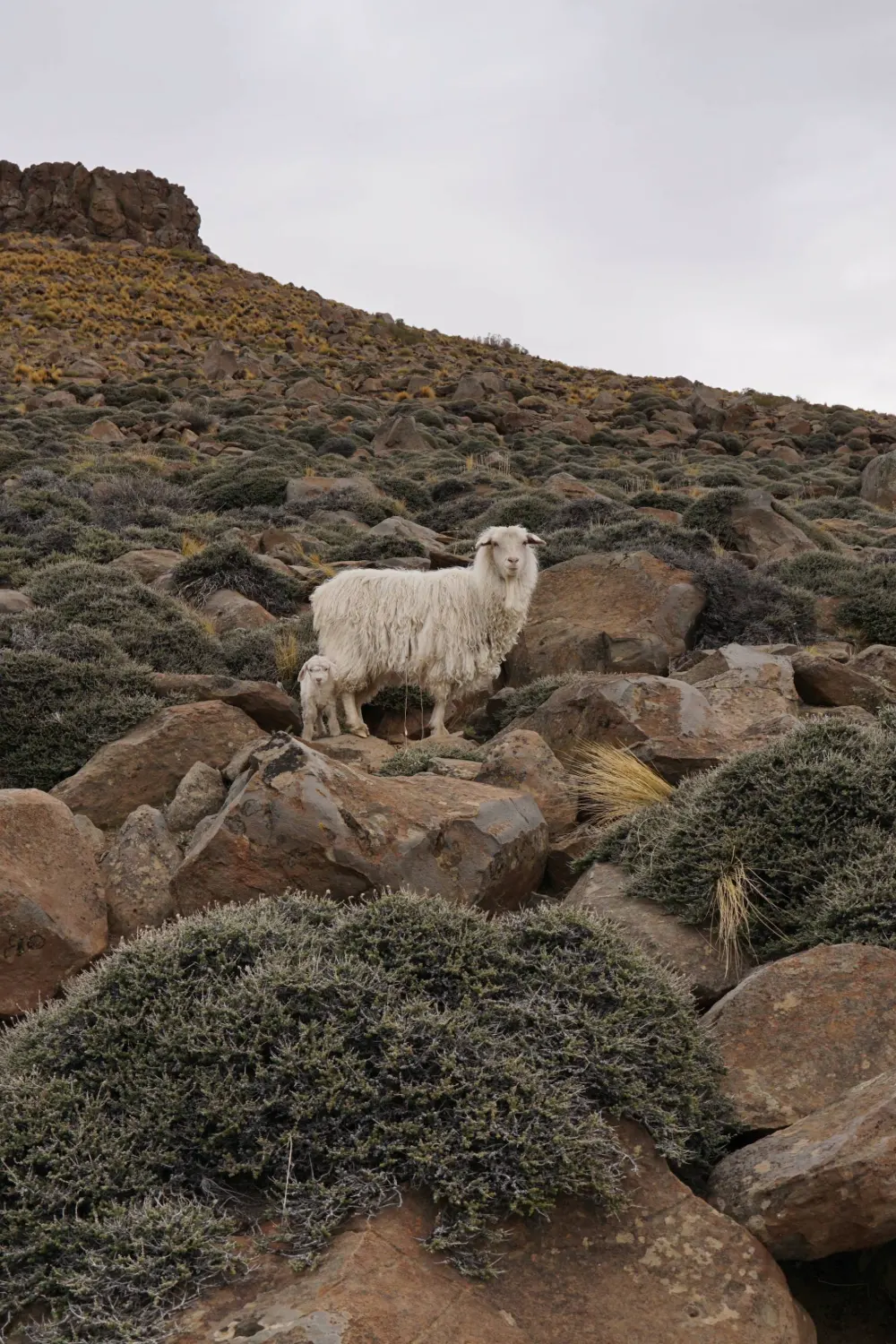
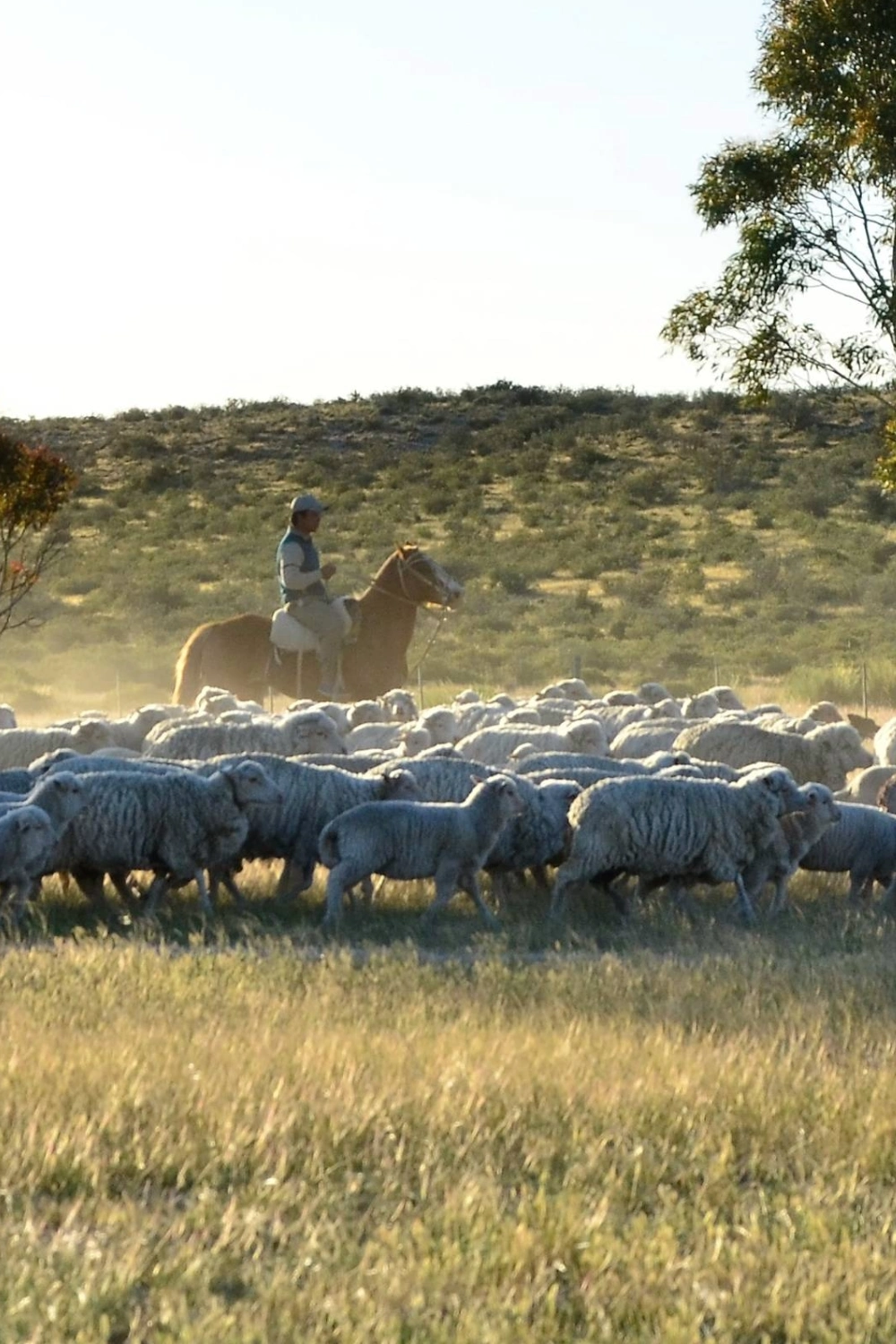


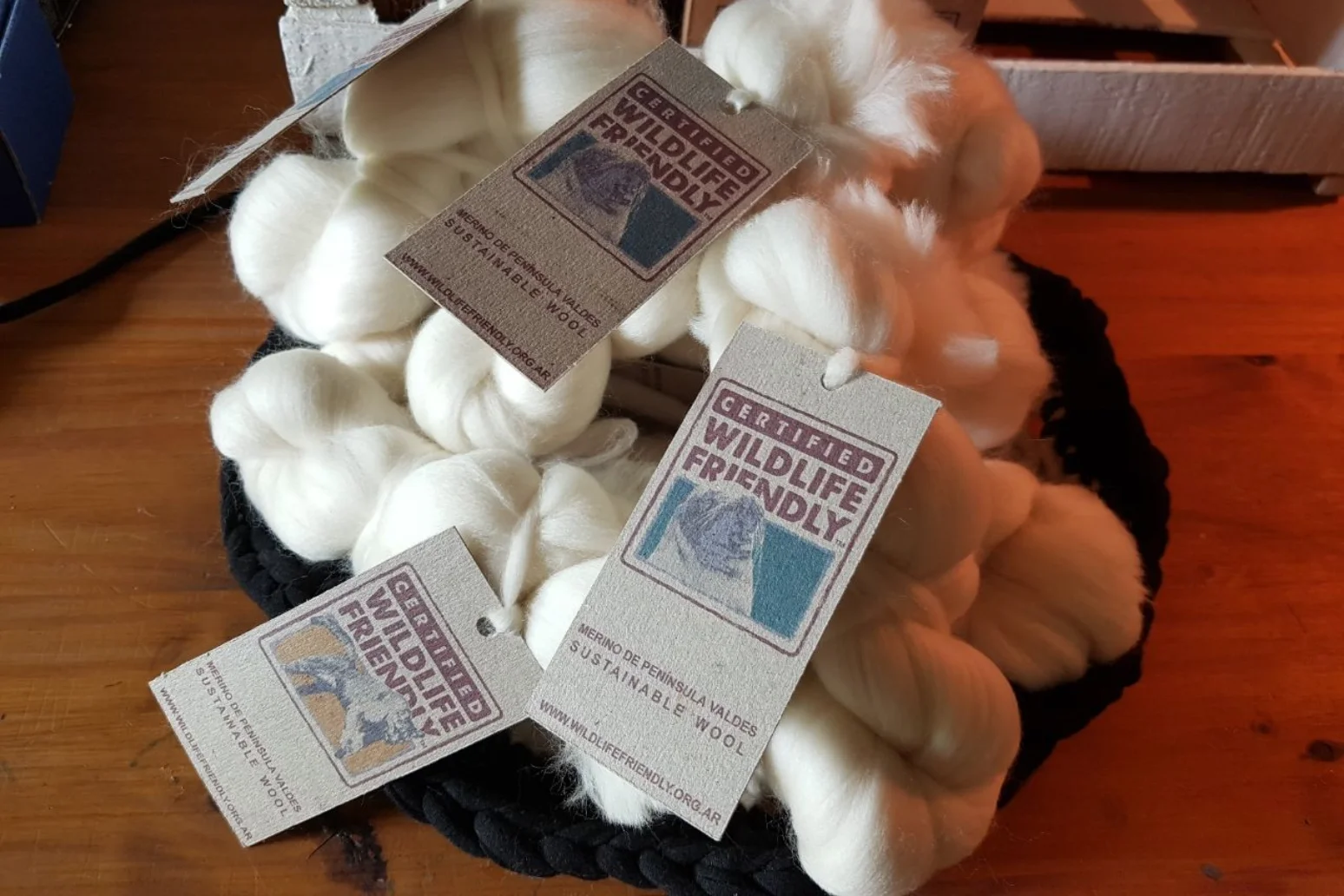

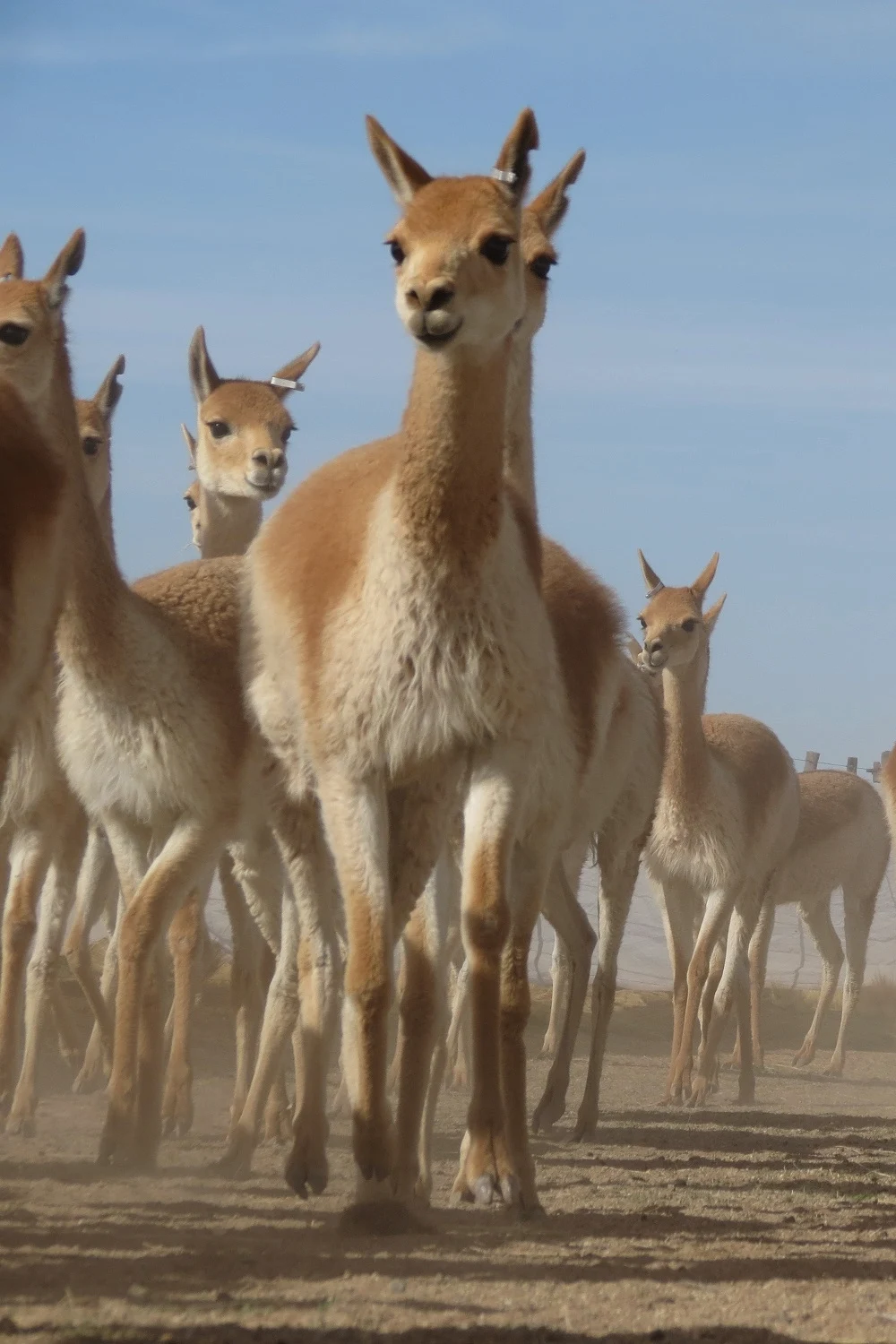
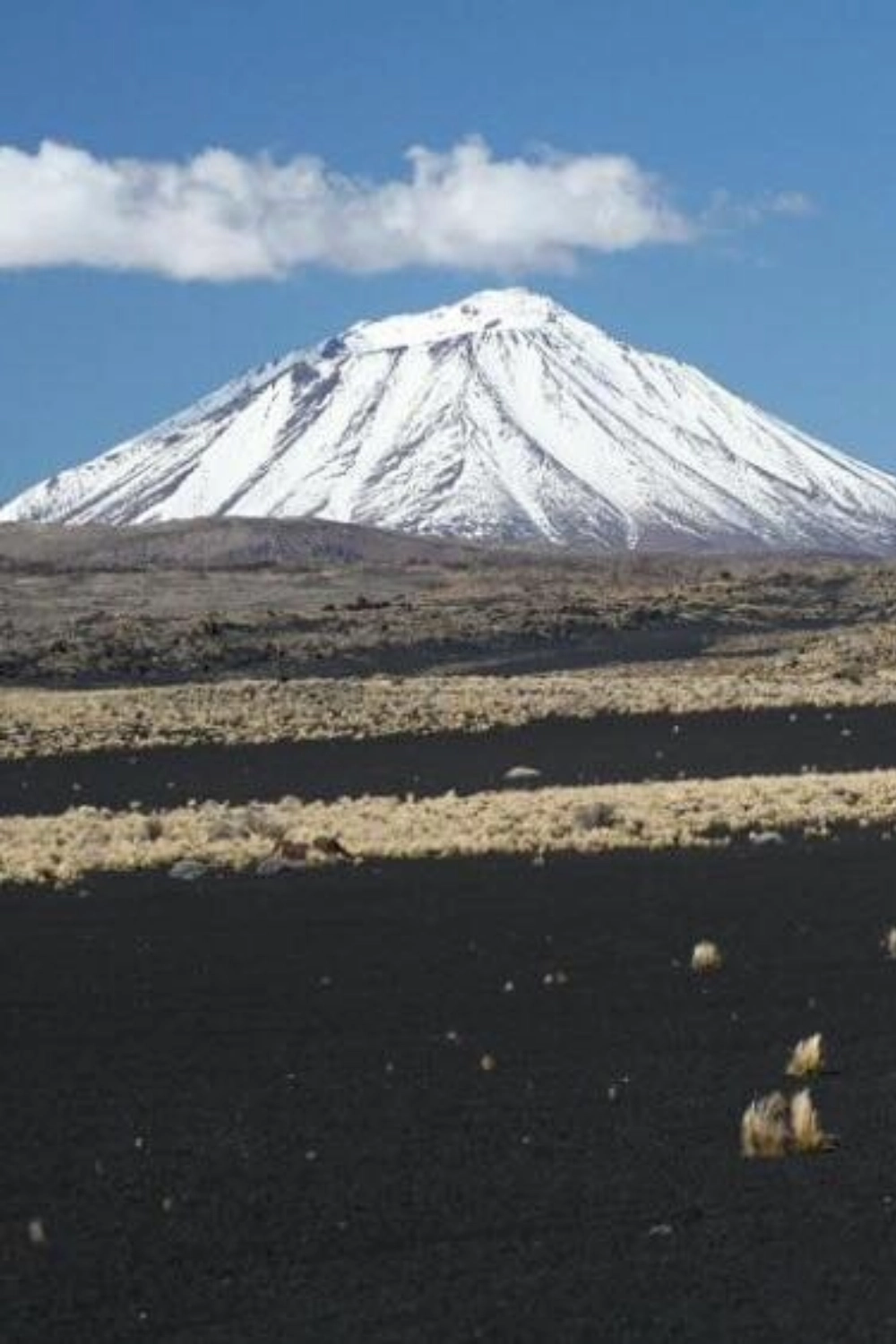


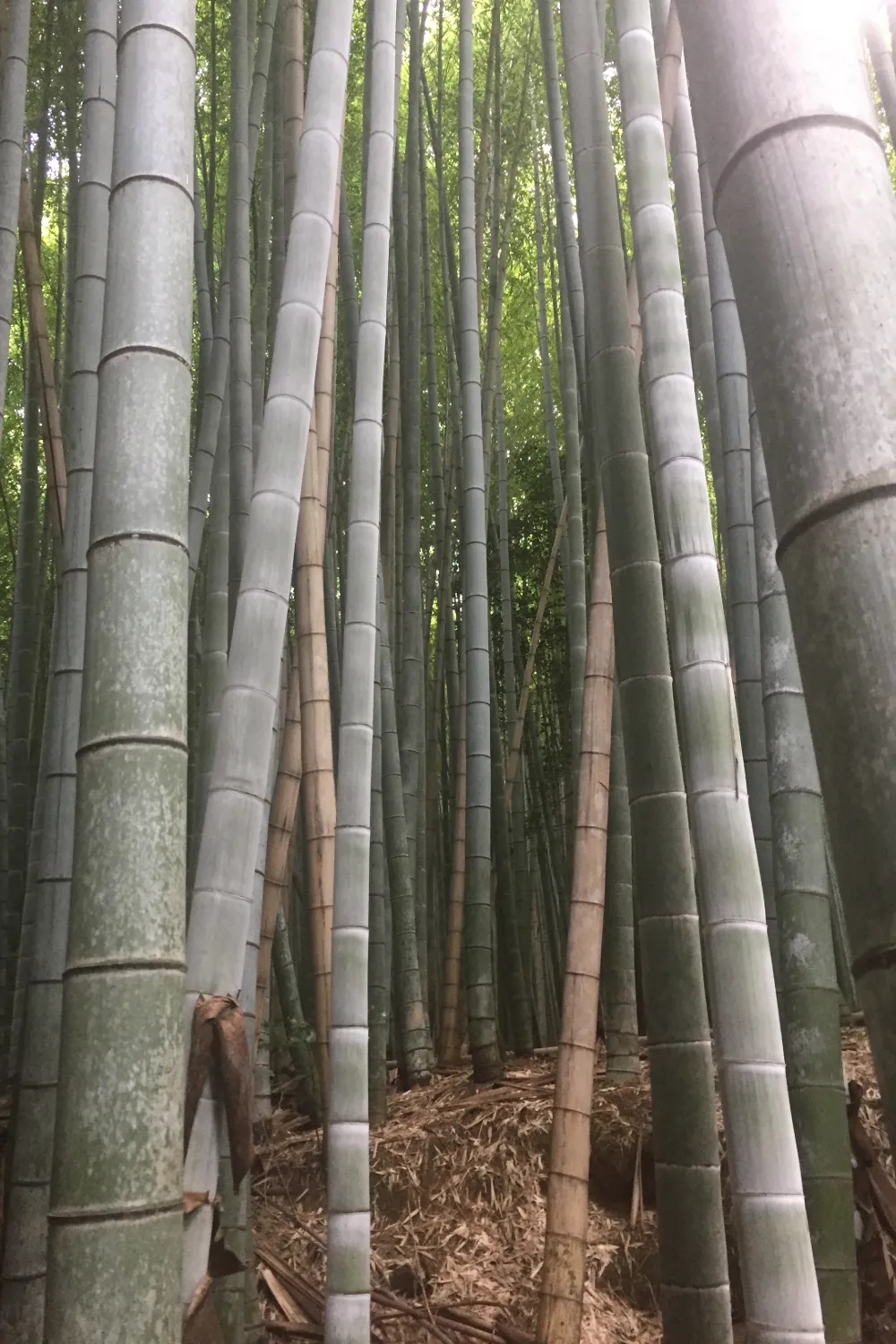
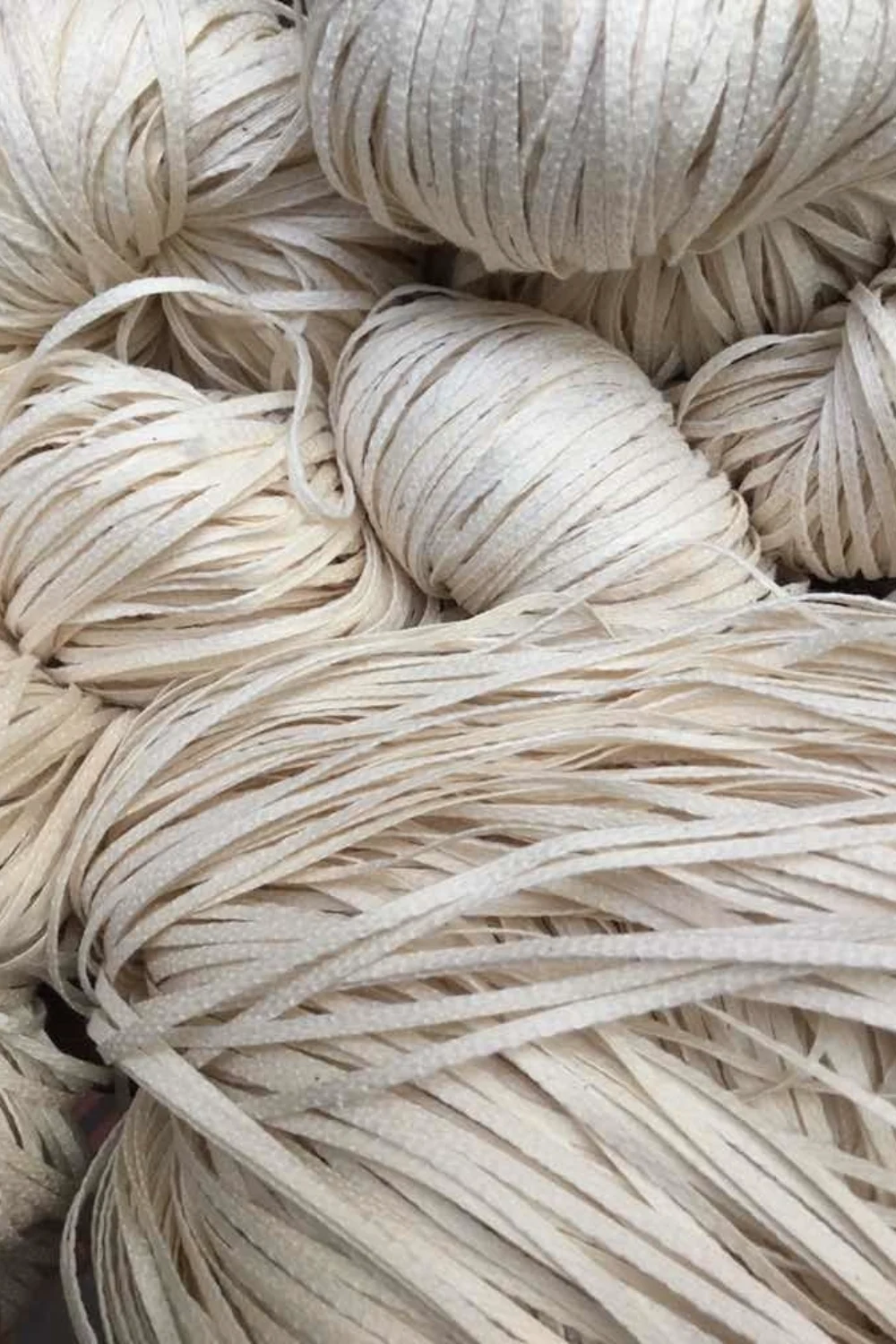


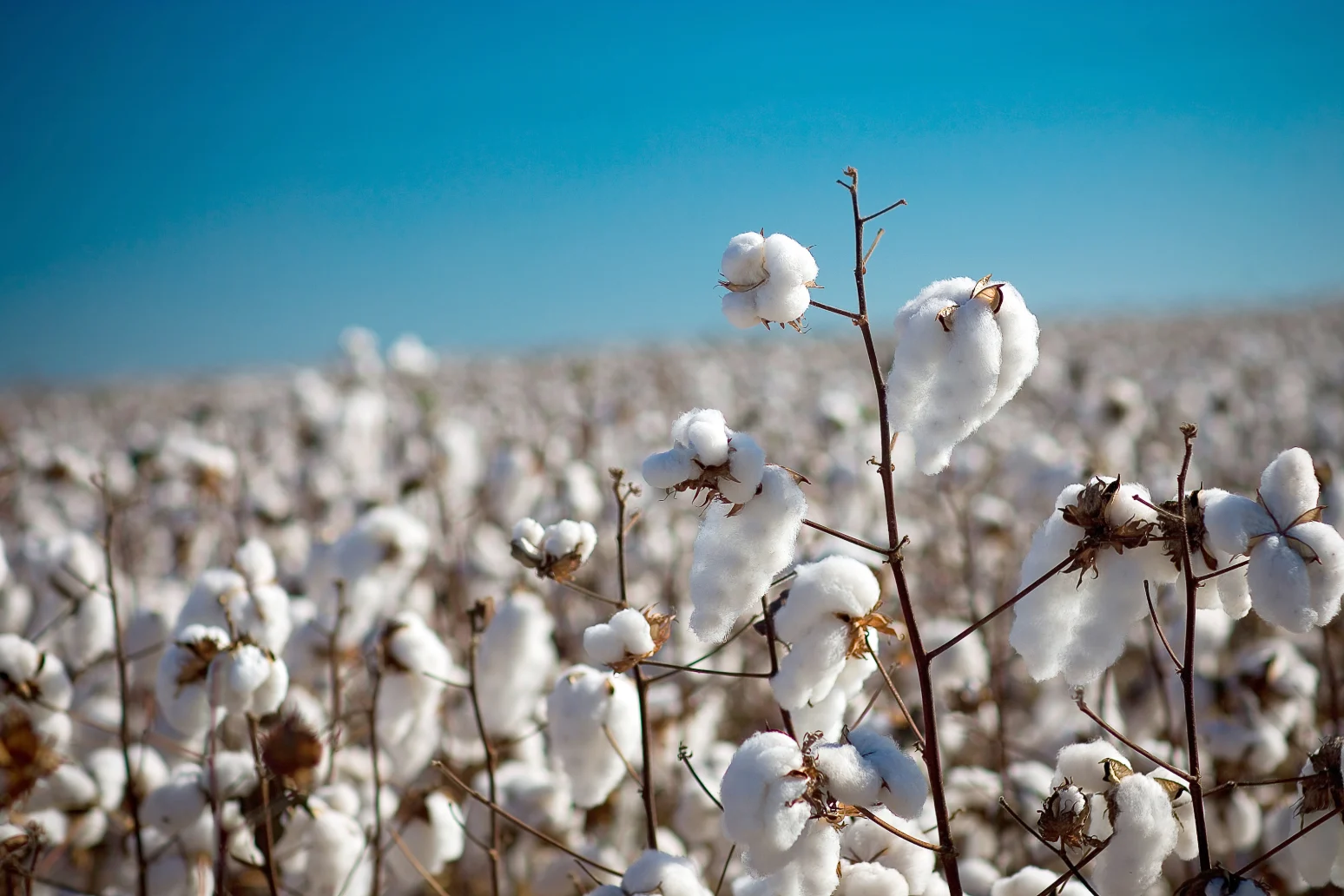

SUSTAINABILITY
The creation and development of the brand are centred around a vision that promotes career development through fair trade, care for the environment and respect for animals.
MAYDI hands
The designs ensure equitable rewards for local artisans with whom we work collaboratively. We champion respect for the legacy of their trade and their art throughout the creative process.
MAYDI seeks to encourage collaborators to work from their own homes, allowing them to tend to other commitments in their day to day lives while they work. This approach seeks to develop a comfortable space for the mothers on the team. MAYDI understands the importance of women’s role in the transmission of life and culture in society.
Through our designs we encourage manual labour and are restoring value to ancestral techniques such as weaving and crochet. Hand weaving fabrics using a traditional loom is one of the oldest traditions among indigenous peoples. Crochet has been employed by weavers through the centuries throughout the globe.
MAYDI hands
The designs ensure equitable rewards for local artisans with whom we work collaboratively. We champion respect for the legacy of their trade and their art throughout the creative process.
MAYDI seeks to encourage collaborators to work from their own homes, allowing them to tend to other commitments in their day to day lives while they work. This approach seeks to develop a comfortable space for the mothers on the team. MAYDI understands the importance of women’s role in the transmission of life and culture in society.
Through our designs we encourage manual labour and are restoring value to ancestral techniques such as weaving and crochet. Hand weaving fabrics using a traditional loom is one of the oldest traditions among indigenous peoples. Crochet has been employed by weavers through the centuries throughout the globe.

Environmentally friendly dyes
MAYDI uses environment-friendly dyes for two main reasons: to add value to regional products and foster the appreciation of Argentine roots, culture, and identity.
Throughout the history of ancestral textiles, natural dyes have been prominently used. These are obtained from “tara”, “palo amarillo”, “guayacán” and “cochinilla”.
Environmentally friendly dyes
MAYDI uses environment-friendly dyes for two main reasons: to add value to regional products and foster the appreciation of Argentine roots, culture, and identity.
Throughout the history of ancestral textiles, natural dyes have been prominently used. These are obtained from “tara”, “palo amarillo”, “guayacán” and “cochinilla”.

Fibers
The exclusive fibers we select play a stellar role in the development of the designs. All of them are of natural and organic origins and, therefore, biodegradable. MAYDI uses animal and vegetable fibers.
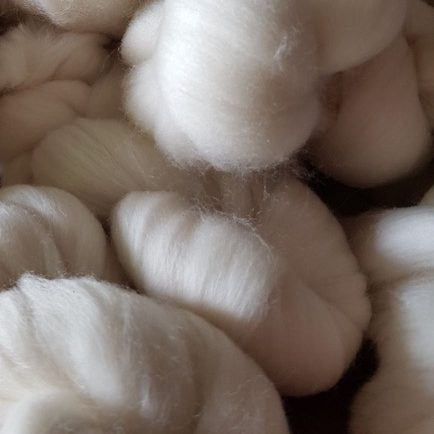
Fibers
The exclusive fibers we select play a stellar role in the development of the designs. All of them are of natural and organic origins and, therefore, biodegradable. MAYDI uses animal and vegetable fibers.

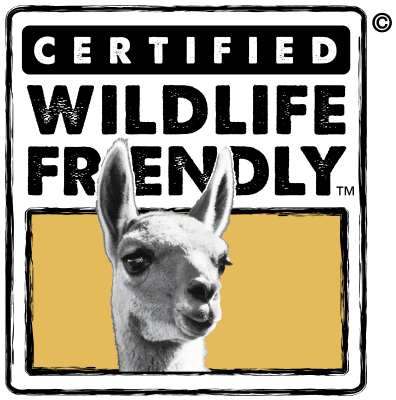
Certified Wildlife Friendly brand
MAYDI is supplied with fine Merino wool from the Argentine Patagonia, certified Wildlife Friendly © as it is obtained in coexistence with the native wildlife species. The wool Merino de Península Valdés © is produced by a group of ranchers keeping sheep numbers according to the conservation of the native vegetation, and allowing the native herbivores like guanacos and Darwin’s rheas to thrive in their ranches. Also, these ranchers are committed to coexist with the native predators like pumas, wild cats and foxes by using non-lethal methods to avoid predation on the sheep, like the introduction of livestock guardian dogs, while favoring native predator-prey interactions. All these procedures and actions are based on scientific research conducted by scientists of the National Research Council of Argentina, in collaboration with two non Government organizations such as the Wildlife Conservation Society and the Fundación Vida Silvestre Argentina. We are proud to work with all our partners in order to account for the production process which takes care of the environment, the well-being of animals and the development of individuals and organizations involved in the entire value chain.
Certified Wildlife Friendly brand
MAYDI is supplied with fine Merino wool from the Argentine Patagonia, certified Wildlife Friendly © as it is obtained in coexistence with the native wildlife species. The wool Merino de Península Valdés © is produced by a group of ranchers keeping sheep numbers according to the conservation of the native vegetation, and allowing the native herbivores like guanacos and Darwin’s rheas to thrive in their ranches. Also, these ranchers are committed to coexist with the native predators like pumas, wild cats and foxes by using non-lethal methods to avoid predation on the sheep, like the introduction of livestock guardian dogs, while favoring native predator-prey interactions. All these procedures and actions are based on scientific research conducted by scientists of the National Research Council of Argentina, in collaboration with two non Government organizations such as the Wildlife Conservation Society and the Fundación Vida Silvestre Argentina. We are proud to work with all our partners in order to account for the production process which takes care of the environment, the well-being of animals and the development of individuals and organizations involved in the entire value chain.

Our packaging
Our packaging is carefully designed and delivered with minimal impact. This means smart and efficient designs, recycled and sustainable materials organic cotton, and local sourcing. It’s reusable it serves to protect the garment and reuse for other things.
The label : we work with full color OEKO-TEX® certification class 1 non-toxic water-based inks. This certification is one of the world’s best-known labels for textiles tested for harmful substances.
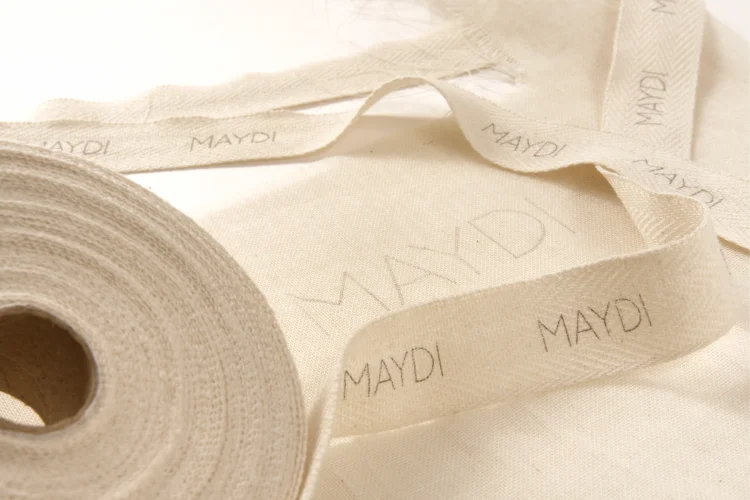
Our packaging
Our packaging is carefully designed and delivered with minimal impact. This means smart and efficient designs, recycled and sustainable materials organic cotton, and local sourcing. It’s reusable it serves to protect the garment and reuse for other things.
The label : we work with full color OEKO-TEX® certification class 1 non-toxic water-based inks. This certification is one of the world’s best-known labels for textiles tested for harmful substances.

